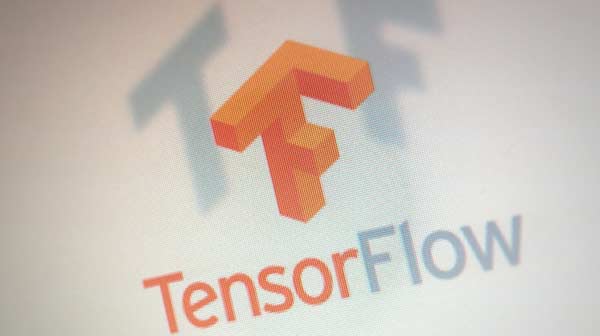Artifical intelligence is having impact on our lives more and more and news have surfaced recently on the subject when TensorFlow, an artificial intellligence engine, has gone open-source lately. This change will open up new possibilities when it comes to the contributions, programming languages and so forth, but have you thought about what exactly artificial intelligence does for you on a regular basis? Did you also think about where it’s generally found? There are a lot of graphics and information to read when it comes to the topics, but let’s go around the subject and the most recent news by asking the key questions that affect our everyday life.
Are You Afraid of Artificial Intelligence?
Does artificial intelligence worry you sometimes? Indeed, artificial intelligence can seem intimidating sometimes and now this powerful force is being put in the hands of many different people out there. Surely, the ability to predict human actions on a computer or generate better search results is interesting, but artificial intelligence could also be the thing that makes that first feeling why we felt in love with the web vanish a little bit. Knowing that a machine is saving the behavior of millions of humans to then generate the information differently to millions of others can sound a bit scary, or even discouraging to some. Google has been a company that has taken the concept of artificial intelligence and put it to great use by enhancing our daily lives, and is now putting it into more hands for the greater good.
How Could Artificial Intelligence Help us in The Future?

With this piece of news about TensorFlow going open source, more individuals will be able to contribute to it and make what is one of the top offerings in terms of artificial intelligence and turn it into something even better. More possibilities in terms of programming come out of a decision like this and the future looks bright when it comes to what machines can learn. It’s worth noting however, that if machines are to help us learn, they should work in a way that predicts what is truly useful to us, instead of mechanically doing its work on what has happened previously with a specific field or search. TensorFlow is the type of learning machine that sorts of emulates what our mind can do quite easily, but only now within a machine.
Our mind knows how to discard information that isn’t worth our attention or that isn’t relevant when it comes to completing the task at hand, so a useful machine should be able to do that as well. For instance, social networks are good at putting information that they think will be useful in front of our eyes, but the website shouldn’t lose sight of what the users are actually trying to accomplish when they type in the URL. Frequent surveys or analysis of what users aim to do when they reach the website is critical to dictate the behavior of artificial intelligence so that it stays relevant.
Not everybody wants to hop on Facebook and be distracted too much in all sorts of ways and content that the machine “thinks” is good for you. Facebook is also about discovery, and so is Google and other search engines, and artificial intelligence shouldn’t get in the way of that feeling of discovery that makes the web so interesting. Artificial intelligence might’ve not necessarily destroyed that feeling, but it might’ve made it so that our sessions on the web feel more scripted, rather than pure sessions of discovery where anything can happen. But then again, without artificial intelligence, we can lose some efficiency and feel like we have to do everything all over again if a machine doesn’t help us out, be it by learning our own specific behavior or reacting according to the behavior of others.

Artifical intelligence is truly fascinating and even if TensorFlow has gone open-source most of the ways it functions are still under wraps, so the mystery remains on how exactly we’re being treated when we do searches on the web, but it’s a good thing that the possibilities are even wider in this field. This is an area of computing that truly affects what we obtain on our screen on a daily basis and that shouldn’t be taken lightly. Google has most often taken decisions that were good in the big picture and thinking about the future first has always been one of their priorities. This field is also going to have some effect when it comes to audio, voice recognition and even images with the most recent improvement in artificial intelligence being able to recognize vague images given to it. So, perhaps artificial intelligence even affects the way you research other content on the web.






No Comments so far
Jump into a conversationNo Comments Yet!
You can be the one to start a conversation.